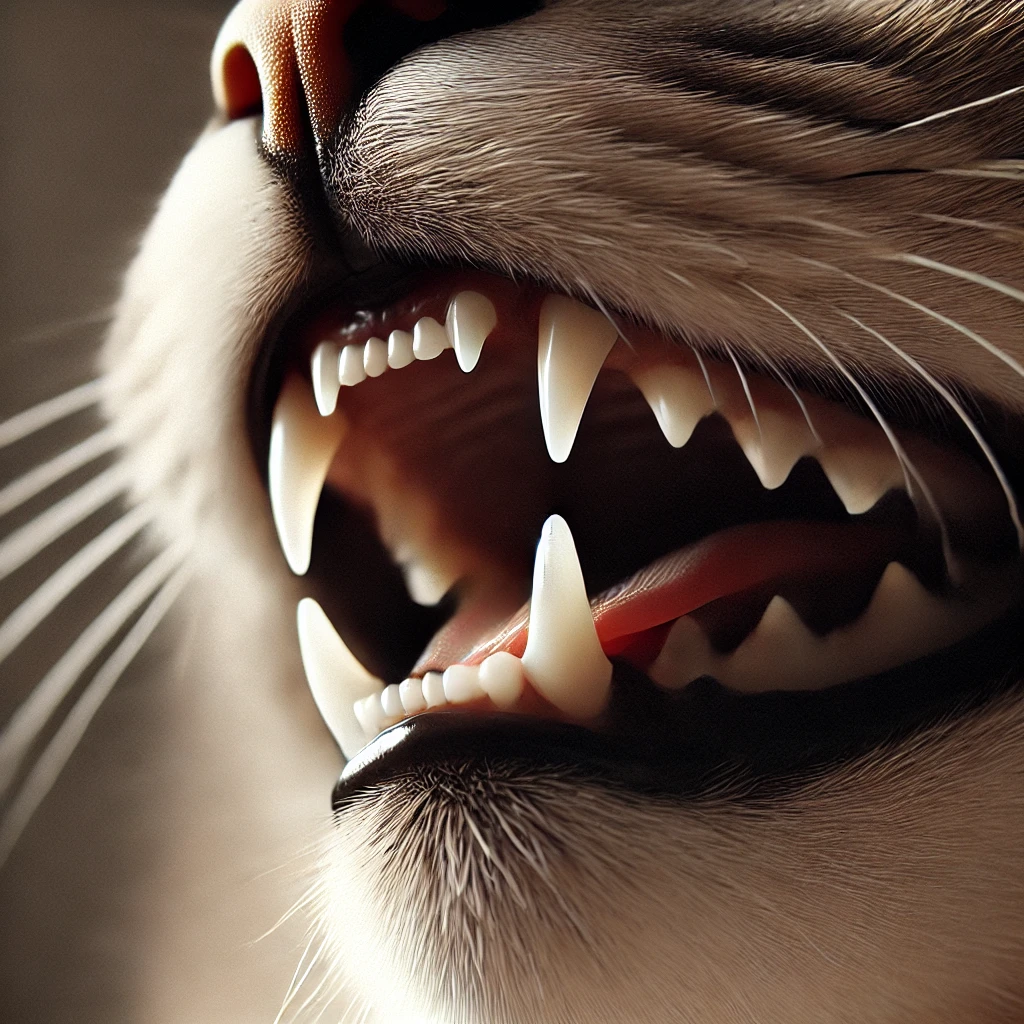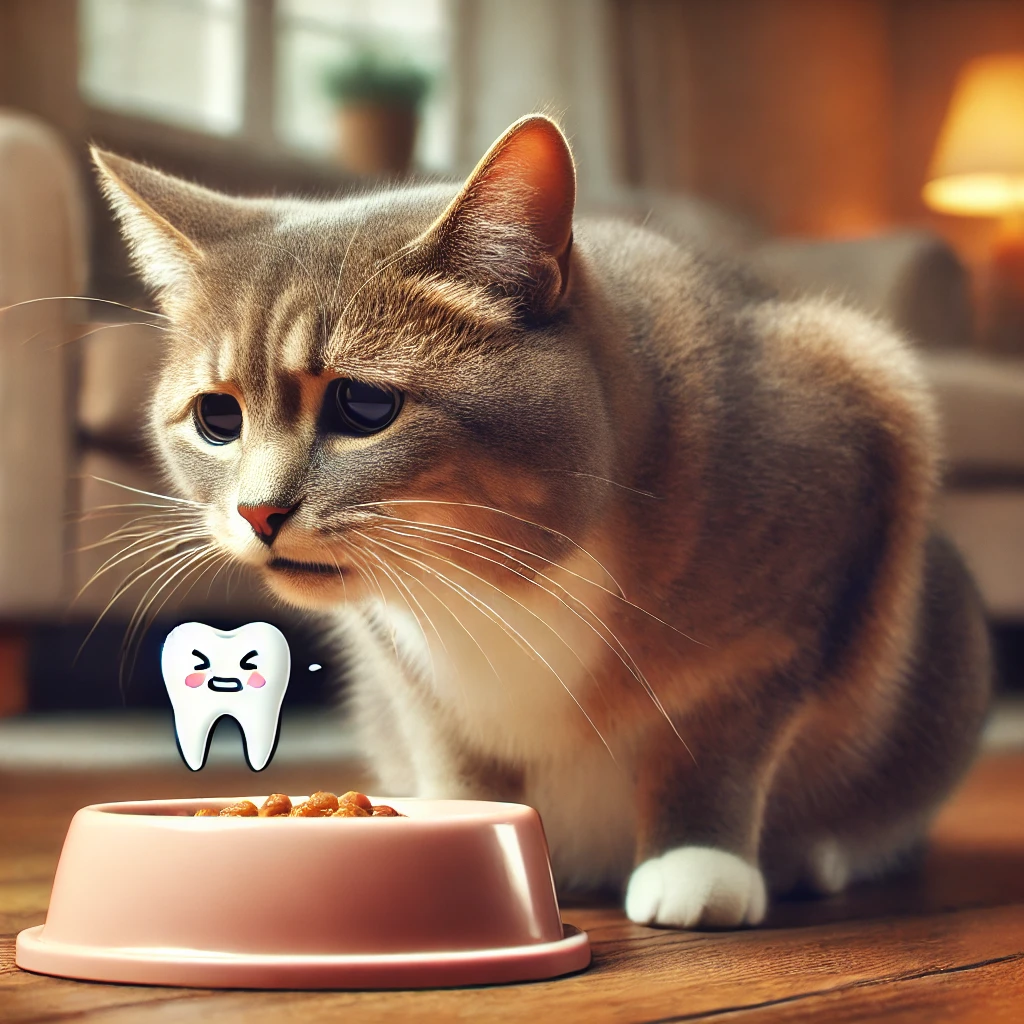Discover the Crucial Benefits of Regular Dental Care for Your Cat’s Health
Many cat owners frequently neglect the vital significance of their feline companion’s dental health, which can lead to serious consequences over time. Just like humans, cats need their teeth to be well-maintained to ensure their overall health and vitality. The complex anatomy of a cat’s mouth is equipped with sharp teeth that are specifically adapted for tearing and cutting their food. When dental problems arise, they can hinder your cat’s ability to eat properly and may even cause severe health issues that impact their entire body.
The prevalence of dental disease in cats is quite alarming. Research shows that a significant number of cats will encounter dental problems throughout their lives, ranging from minor tartar buildup to severe conditions such as gum disease and eventual tooth loss. These oral health issues can extend beyond the mouth, potentially leading to serious complications affecting essential organs like the heart, liver, and kidneys, ultimately jeopardizing your cat’s longevity.

Understanding the risks associated with neglecting your cat’s dental health is crucial for every responsible pet owner. When a cat suffers from dental disease, harmful bacteria from infections can easily seep into the bloodstream, spreading throughout the body and potentially leading to chronic health conditions. In severe cases, these complications can significantly impair their quality of life. Consequently, monitoring your cat’s oral hygiene, including their pearly whites and gums, becomes essential not only for aesthetic reasons but as a fundamental component of their overall health and well-being.
Essential Signs of Dental Problems in Cats: What Every Owner Should Know
Detecting dental issues in your cat might prove challenging; however, certain signs can assist you in identifying potential problems early on. A noticeable reduction in appetite, or your cat refusing to eat their favorite kibble, often serves as a classic indicator that something is amiss. Additionally, symptoms such as excessive drooling, persistent bad breath, and bleeding gums signal that their oral health may be compromised, warranting immediate attention.
Cats possess an incredible ability to mask pain, which complicates the detection of dental discomfort. It is essential to be observant and watch for subtle behavioral changes, including increased irritability, withdrawal from play, or a newfound tendency to paw at their mouth. These behaviors can indicate underlying dental distress and should never be overlooked, as they may be signs of more significant issues that need addressing.
Regular veterinary visits play a crucial role in maintaining your cat’s dental health. A qualified veterinarian can spot dental issues that may not be apparent during routine check-ups. Early detection of these problems is integral, as it enables prompt treatment before minor issues escalate into serious health concerns that could jeopardize your cat’s well-being.
Consider the case of Mittens, an energetic tabby who seemed to be in perfect health until a routine veterinary examination uncovered advanced dental disease. Thanks to timely intervention, Mittens was able to avoid severe complications. Stories like Mittens’ highlight the importance of not underestimating regular check-ups, even when your feline friend appears to be perfectly healthy.
Creating an Effective and Comprehensive Dental Care Routine for Your Cat
Establishing a dental care routine for your cat may initially feel overwhelming, yet it can become a straightforward process with the right tools and a little patience. First and foremost, selecting the appropriate dental products is essential. Look for specially designed cat toothbrushes and toothpaste; using human toothpaste is a definite no-no for your feline friend, as it can be harmful to their health.
Once you have your dental care supplies ready, the next step involves gradually introducing your cat to the process. Cats often require time to get accustomed to having their teeth brushed. Start by allowing them to taste the toothpaste, making it a positive experience. Slowly introduce the toothbrush by gently massaging their gums with your finger to help them adjust to the sensation of having their teeth cleaned.
Incorporating professional dental cleanings performed by your veterinarian should also be a key part of your cat’s dental care routine. Vets can conduct thorough cleaning procedures and address any issues that at-home care may miss. This collaborative approach significantly enhances your cat’s overall dental health and helps prevent the progression of dental disease.
If your cat shows resistance to tooth brushing, remember that patience is essential. Use treats as rewards and keep each session short and enjoyable. Over time, your cat will grow accustomed to the routine, transforming it into a seamless part of their daily life, ultimately leading to better dental health.

Understanding the Role of Nutrition in Supporting Your Cat’s Dental Health
The significance of diet in preserving your cat’s dental health cannot be emphasized enough. You may be surprised to learn how proper nutrition can enhance the strength of their teeth and the health of their gums. Certain cat foods are specially formulated to help reduce plaque and tartar buildup, effectively providing your cat with a mini dental cleaning with every delicious bite they take.
When selecting food for your cat, it’s wise to look for dental-specific options. These products typically feature textures designed to aid in cleaning teeth, making a notable difference in your cat’s oral hygiene routine. It’s as if you are giving their mouth a tasty workout! However, keep in mind that while these foods are beneficial, they should complement, not replace, regular dental care practices.
Avoid offering sticky or sugary treats that cling to their teeth and promote decay. Instead, choose treats that are both tasty and supportive of dental health. Think of these treats as valuable allies in maintaining your cat’s oral hygiene and overall well-being.
Incorporating dental-friendly foods into your cat’s diet is simpler than you might think. Start by mixing new food into their regular meals to gauge their response. Always consult your veterinarian to ensure that any dietary changes align with your cat’s nutritional needs while promoting optimal dental health.
The Article: Dental Care For Cats: Why It’s Important And How To Start Appeared First On Unity Pets.
The Article Was Found On https://limitsofstrategy.com


As a proud cat parent, I can’t help but chuckle at the thought of my feline overlord sitting in judgment while I swish a toothbrush around their mouth. It’s like trying to manage a delicate heist – one wrong move, and they’ll be scaling the curtains faster than I can say “dentist!” Your reminder about the importance of dental care is spot on, though. My last vet visit was a real eye-opener; I had no idea that those little specks of tartar could turn into a catastrophe, transforming my sweet fluff into a grumpy toothless wonder.
I really appreciate this deep dive into feline dental health; it’s often overlooked, yet so critical to their overall well-being. I remember when I first adopted my cat, Oliver, and how my vet emphasized the need for regular dental check-ups. At that time, I didn’t think much about it, but soon after, he developed gingivitis, which led to some pretty uncomfortable days for him—and stressful ones for me, worrying about his pain and health.
It’s so true that dental care often gets overlooked in our furry friends. I remember when I adopted my cat, Luna; I didn’t think much about her teeth. It wasn’t until her annual check-up that the vet pointed out some tartar buildup and suggested regular brushing. Initially, I thought it seemed like a hassle, but I quickly learned how important it is for her overall health. It made me realize that keeping on top of dental hygiene isn’t just about avoiding bad breath—it can significantly impact their quality of life.
It’s interesting how our initial perceptions of pet care can shift after we learn more about their needs. You mentioned adopting Luna and not thinking much about her teeth, which is a common experience for many pet owners. We often focus on the more visible aspects of their health, like their fur or weight, but dental care tends to be tucked away in the background, only coming to the forefront when something like tartar buildup is found during a vet visit.